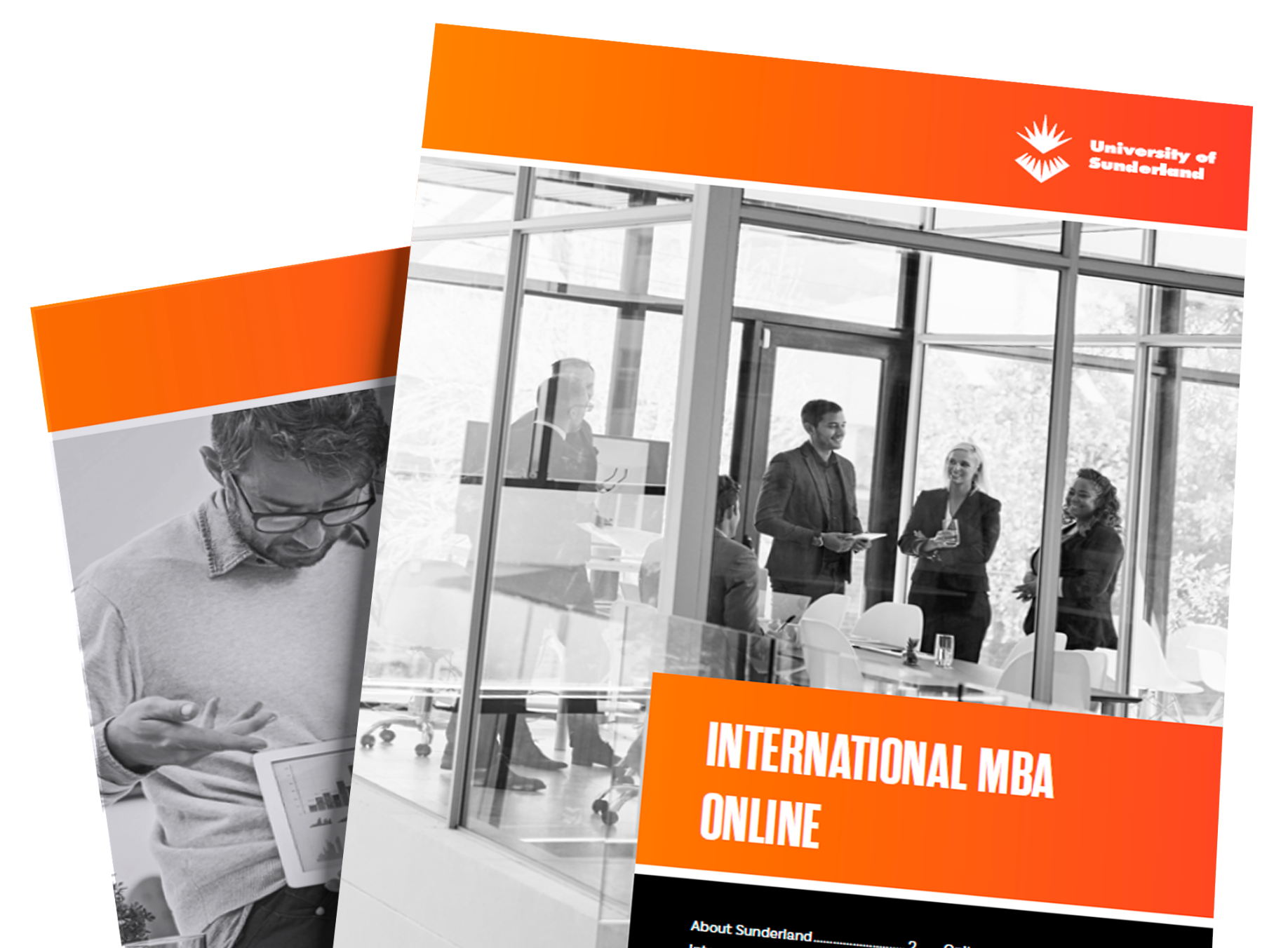A business school celebrated for excellence in teaching, research and skills development
Elements of the research in business at the University of Sunderland Business School have been recognised as ‘world-leading’ and ‘internationally important’ in the latest Research Excellence framework, reflecting the fact that our academics are at the forefront of important research in their fields.
We have been ranked internationally as a leading university, receiving five stars for teaching, inclusiveness, employability and facilities in the QS World University Rankings 2023, the highest rating that can be awarded to a university. A special recognition of our practical focus on developing the skills that enable career progression for our students all over the world.
Business and MBA graduates from Sunderland have secured roles in organisations including Facebook, Microsoft, Sage, HSBC, IBM, Enterprise, Nissan, Accenture, Procter & Gamble, Merck & Co, Barclays, Nissan, Marriott Hotels, Viacom 18, PricewaterhouseCoopers and Adidas.












